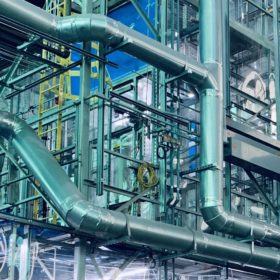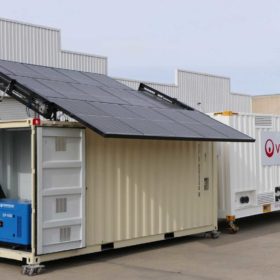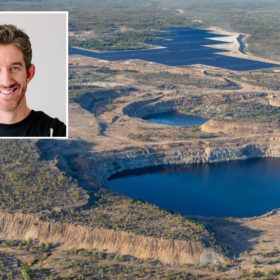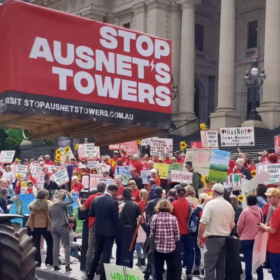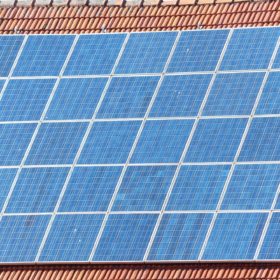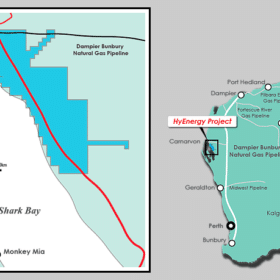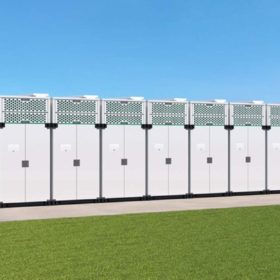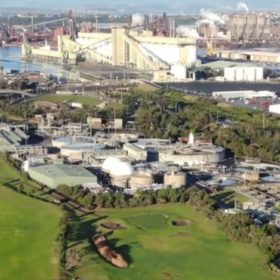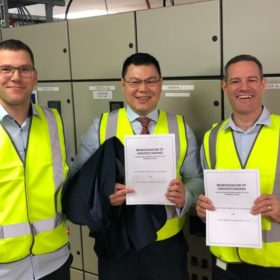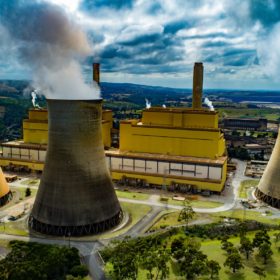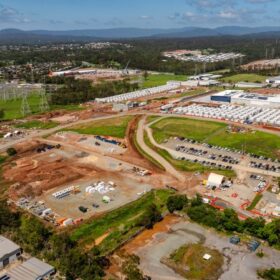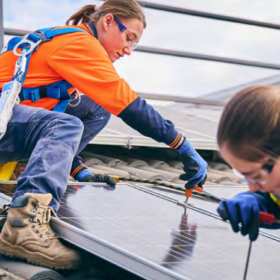India’s first long-term green hydrogen offtake agreement
Hygenco will build, own and operate a multi-megawatt green hydrogen facility for the long-term supply to Jindal Stainless Ltd, one of the largest stainless-steel conglomerates globally.
The growing demand for off-grid leads to compact, pre-wired systems
With headlines dominated by spiking electricity prices and energy security, the demand for off grid solutions in Australia is booming. “It’s starting to make financial sense, that’s significant,” Matt Miller, the marketing manager for Victorian company Commodore tells pv magazine Australia.
Developer Genex progresses with takeover bid from tech billionaire
After turning down the initial bid last month, Australian developer Genex Power this morning confirmed it will progress with a revised acquisition offer from a consortium of private equity firms led by Skip Capital, belonging to Australian technology billionaire and Atlassian cofounder Scott Farquhar.
‘Likely to further dilute trust’: misunderstanding community opposition to transmission lines
As community opposition to overhead transmission line grows, the Victoria-based Energy Grid Alliance has released a report imploring the energy industry to better understand why the phenomenon is gaining momentum – positing the ‘talk to them early and pay them more’ approach will only further decay the situation. Instead, the group says real attention needs to be paid to social license and ensuring environmental and socioeconomic impacts of chosen transmission corridors are considered from the get-go.
More than 3 GW of solar panels held by US customs under forced labor law
ROTH Capital Partners reports 3 GW have been seized under enforcement of the Uyghur Forced Labor Prevention Act.
8 GW HyEnergy Project in WA clears another milestone
A study into exporting green hydrogen from the 8 GW HyEnergy hydrogen Project in Western Australia’s Gascoyne region without an onshore port has found it to be both commercially and technically feasible.
US giant BlackRock commits $1 billion to big battery developments in Australia
The world’s largest asset manager, US company BlackRock, has acquired Victorian battery storage developer Akaysha Energy and its portfolio of nine projects in the national grid.
Shell pulls back from Port Kembla hydrogen hub
Less than a year after agreeing to work with Australian steel company BlueScope, Shell is now stepping back from the plan develop a pilot-scale 10 MW green hydrogen electrolyser at the Port Kembla Steelworks and further the vision for a hydrogen hub in the Illawarra.
Total Eren targets 2 GW solar and 1 GW green hydrogen plant in NT
French renewables giant Total Eren continues to advance its green hydrogen ambitions in Australia, teaming with the Northern Territory government to develop a massive renewable hydrogen production facility powered by more than 2 GW of solar PV generation in the far north.
Bill backs closure of Victorian coal-fired power plants by 2030
Victoria’s coal-fired power plants would be progressively shut down by the end of the decade under a climate bill to be introduced to state parliament this week.
